Understanding Tenant Protection Against Retaliation in Florida
Many tenants hesitate to report serious maintenance problems because they fear their landlord may respond with an eviction notice , a sudden rent increase , or other negative treatment. These concerns are understandable — but under Florida law, landlords cannot legally retaliate against tenants who act in good faith to assert their rights. If you recently reported a repair issue, contacted code enforcement, or requested that your landlord follow the lease and were met with hostility or threats, it is important to understand how retaliation works and what options you have to protect yourself.
How Florida Law Treats Landlord Retaliation
Florida’s landlord–tenant statutes make it unlawful for a landlord to penalize a tenant for exercising legally protected rights. These protected actions include reporting unsafe or uninhabitable conditions, requesting repairs, complaining to a governmental agency about code violations, or seeking to enforce the landlord’s obligations under the lease. If a landlord responds by threatening eviction, reducing services, issuing baseless notices, or increasing rent for the purpose of intimidation, the law may consider that retaliation.
Retaliation is often tied closely to timing. If a tenant reports mold, water leaks, electrical hazards , or other habitability concerns and then receives an eviction notice shortly afterward, that sequence may raise questions about the landlord’s motive. While landlords can still take lawful action for legitimate lease violations, they cannot use those claims as a pretext to punish a tenant for making a complaint.
What Tenants Should Do If They Suspect Retaliation
If you believe your landlord is acting retaliatorily, it is important to begin preserving evidence immediately. Save copies of all repair requests, emails, texts, photos, inspection reports, and any written notices you receive. A clear record often makes the difference in proving that your actions were legitimate and that the landlord’s response was not.
Avoid verbal-only discussions and communicate in writing whenever possible. If you involved code enforcement or another agency, keep copies of all reports or correspondence. Should your landlord file an eviction or issue repeated violation notices, do not ignore them. These documents are part of the legal process and should be reviewed promptly with a qualified attorney.
Potential Legal Remedies
A tenant facing retaliation may be able to assert retaliation as a defense in an eviction case, seek dismissal of unlawful actions, or even pursue damages when a landlord violates the law. The remedies available depend on the specific facts, the type of retaliatory conduct, and the evidence preserved. Because of how quickly eviction timelines move in Florida, early legal intervention is especially important.
Speak With Korte & Associates
If you believe your landlord has retaliated against you after reporting maintenance issues or asserting your rights, you do not have to navigate the situation alone. Our firm represents tenants throughout Florida in retaliation claims, habitability disputes, and eviction defense. We can review your timeline, evaluate the landlord’s conduct, and advise you on the most effective next steps to protect your home and legal rights.
Contact Korte & Associates today to discuss your situation and learn your legal options.



